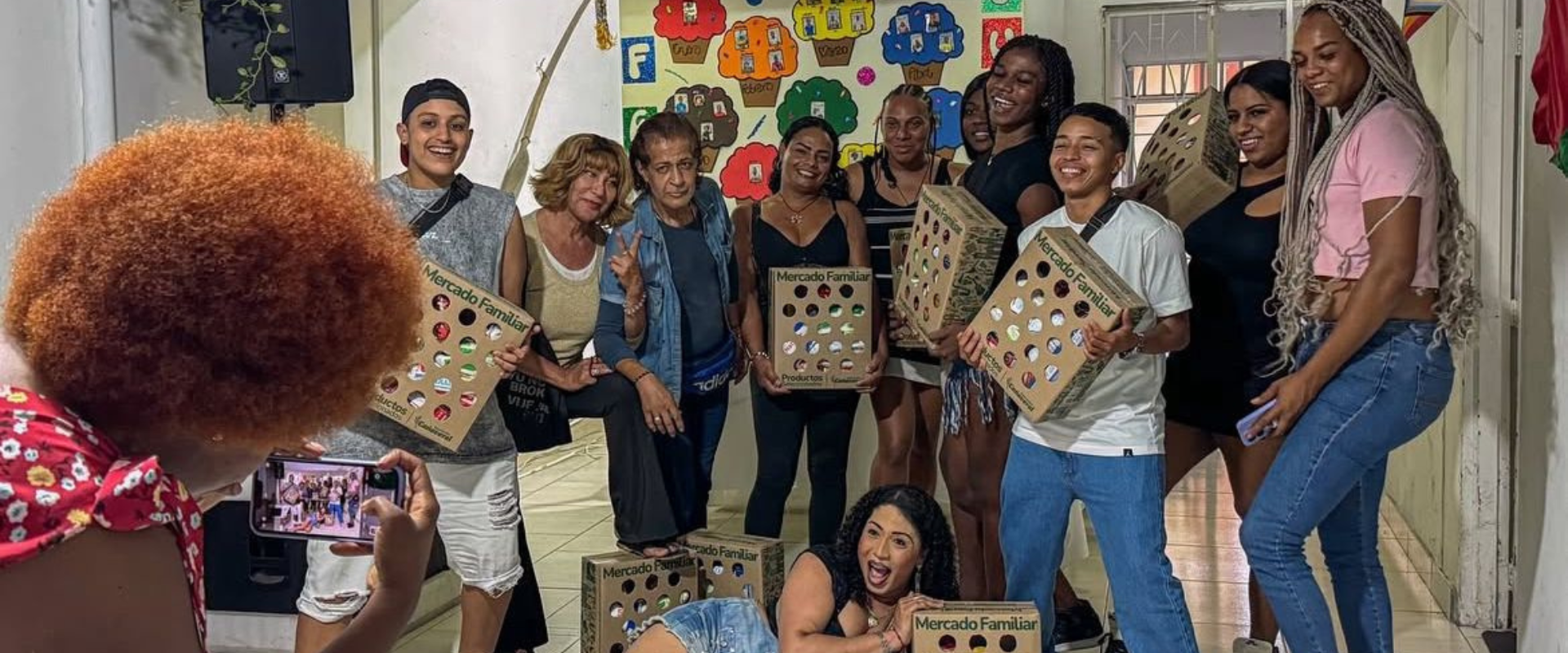MUDE, a shelter threatened for defending the rights of black women and children in Palmira, Colombia
Two members of the Movimiento de mujeres unidas, diversas y emancipadas in this region of Valle del Cauca, on the Colombian Pacific coast, are calling on the authorities to guarantee and protect the lives of those who are part of this initiative and its beneficiaries.

Bogotá, October 20, 2025 – On July 15, 2024, members of the Movimiento de mujeres unidas, diversas y emancipadas (MUDE, by its initials in Spanish) reported that, in the early hours of the morning, several people violently entered the house where the organization’s headquarters were located, in the municipality of Palmira, Valle del Cauca. Through their social media accounts, they made public how computers were destroyed, along with the shelter of more than 300 people, including children, adolescents, and black and diverse women from this region of Colombia who are beneficiaries of MUDE.
That day, the women of this organization felt that the “last straw had been drawn,” after years of threats, harassment, acts of racism, transphobia, and hate campaigns spread through social media. They were left with a clear message: if they continue to do this work, their lives are in danger.
A year after the raid, the events remain unpunished and the members of MUDE continue to denounce what happened and demand recognition and guarantees of their rights in this area of the Colombian Pacific. “We continue to call on the authorities and other organizations to listen to us and respond to our demands. We want to know that we have support, that our lives matter, that people care about what happens to MUDE, to children, and to diversity,” says María Camilia Saa, a member of the organization.
The Movimiento de mujeres unidas, diversas y emancipadas was founded in 2019 and, since then, has accompanied and transformed the lives of more than 6,000 children, adolescents, women of African descent, and diverse women, along with their families, in Palmira and other municipalities in Valle del Cauca. Sady Carreazo, another member, affirms that MUDE is a space for “collectivization.”
“Coming together guarantees the lives of Black people; it is another way in which we can be and live in freedom. It is another opportunity to study, work, be, and express ourselves,” adds Carreazo. The organization promotes advocacy, training, and visibility strategies with an ethnic and diverse focus through art and music. One example of this is MUDE’s Agojie group, whose songs address issues such as Afro hair, feminism, and sexual and gender dissidence.
Following the attack, MUDE was forced to relocate its headquarters to another area of Palmira, while its members continue to report ongoing threats and harassment due to their diverse identities and their work defending the rights of their communities.
From the Institute on Race, Equality, and Human Rights (Race and Equality) expresses its support for MUDE and reiterates its urgent call on the competent authorities to act diligently, guarantee the protection of its members, and ensure that acts such as these do not go unpunished. Defending the lives, diversity, and leadership of Black and diverse women is an inescapable responsibility of the Colombian state.

